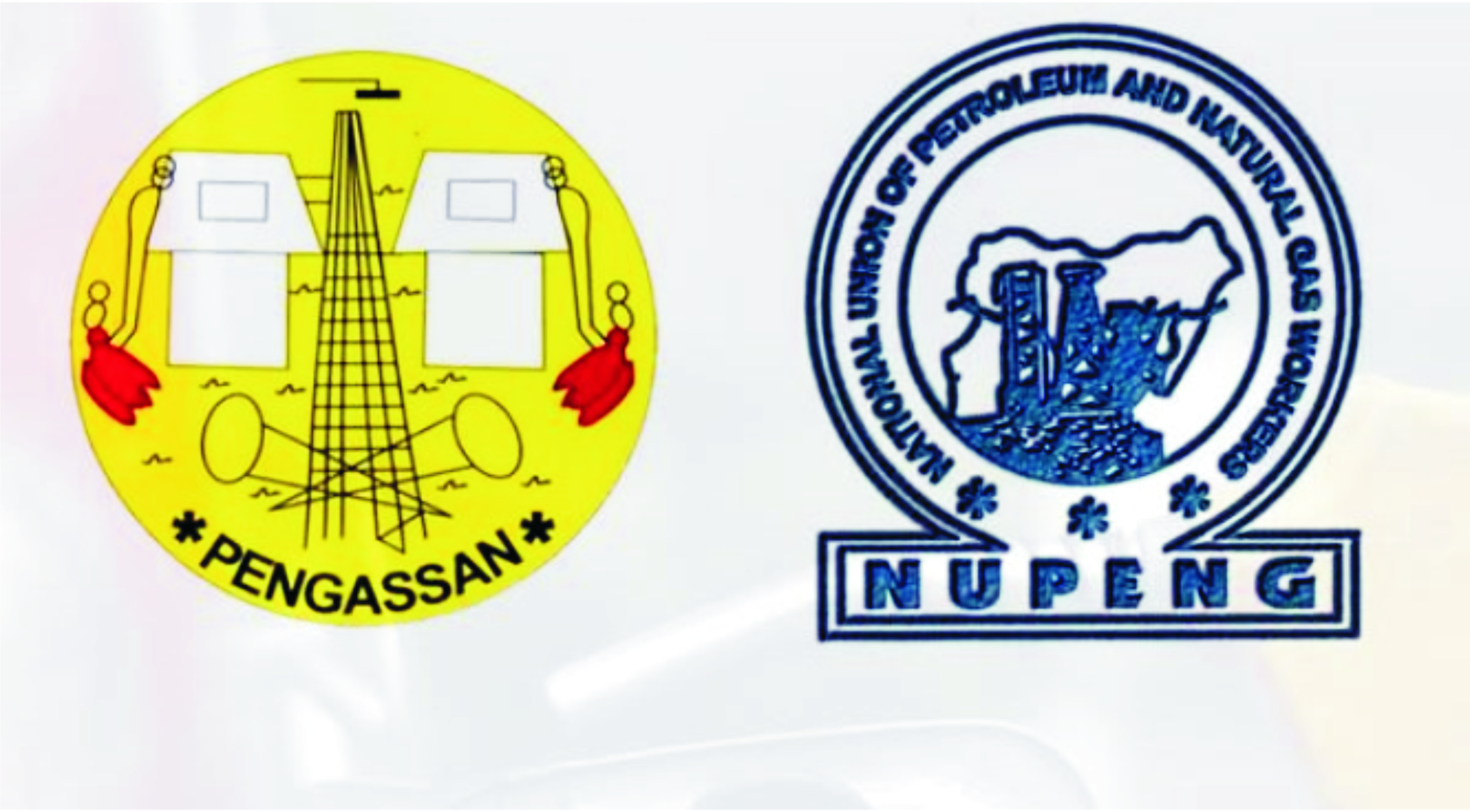Business
PENGASSAN, NUPENG Suspend Strike

Members of Nigeria’s major labour unions in the oil and gas sector have suspended the strike they embarked upon in protest against the non-payment of their salaries.
Officials of the Petroleum and Natural Gas Senior Staff Association of Nigeria and the National Union of Petroleum and Natural Gas workers said the strike was called off after various agreements were reached with the Federal Government.
The National Public Relations Officer, PENGASSAN, who doubles as the Rivers State Secretary of the Trade Union Congress, Fortune Obi, confirmed the suspension yesterday to newsmen.
“Strike suspended as Federal Government agrees to pay the owed salaries while the IPPS (Integrated Payroll and Personnel Information System) is sorted out in the future,” he said.
On August 13, 2020, newsmen reported that members of PENGASSAN in the Federal Ministry of Petroleum Resources and some of its agencies commenced a three-day warning strike.
The senior workers had downed tools in protest against the non-payment of their salaries for the past three months.
They also embarked on the strike to kick against the Federal Government’s inclusion of oil workers in the Integrated Payroll and Personnel Information System.
It was, however, gathered yesterday morning, that the two unions had an impromptu meeting with the Accountant-General of the Federation on Monday night in Abuja.
At the meeting, it was resolved that the three months salary arrears owed the oil workers be paid through the Government Integrated Financial Management Information System platform.
Sources at the Office of the Accountant-General of the Federation said the OAGF had commenced the process of payment effective Monday night (August 17, 2020).
It was also agreed that all affected agencies were to submit a copy of the letter the OAGF sent to them and the soft copy of salary upload for May, June, and July 2020.
Parties at the meeting resolved that a new date would be fixed for all stakeholders to meet and discuss concerns surrounding the enrollment of oil workers on the IPPIS platform.
They noted that with that development, the strike was hereby suspended.
Transport
Automated Points Concession : FAAN Workers Gave 72hrs To Revise Decisions In PH

Transport
FAAN Announces Pick-Up Points for Go-Cashless Cards

Business
Fidelity Bank To Empower Women With Sustainable Entrepreneurship Skills, HAP2.0
-

 Politics3 days ago
Politics3 days agoSenate Urges Tinubu To Sack CAC Boss
-

 News3 days ago
News3 days agoAmend Constitution To Accommodate State Police, Tinubu Tells Senators
-

 News3 days ago
News3 days agoDisu Takes Over As New IGP …Declares Total War On Corruption, Impunity
-
Business4 days ago
Crisis Response: EU-project Delivers New Vet. Clinic To Katsina Govt.
-
Business4 days ago
President Tinubu Extends Raw Shea Nuts Export Ban To 2027
-
Business4 days ago
President Tinubu Approves Extension Ban On Raw Shea Nut Export
-
Sports3 days ago
NDG: Rivers Coach Appeal To NDDC In Talent Discovery
-
Business4 days ago
Fidelity Bank To Empower Women With Sustainable Entrepreneurship Skills, HAP2.0

